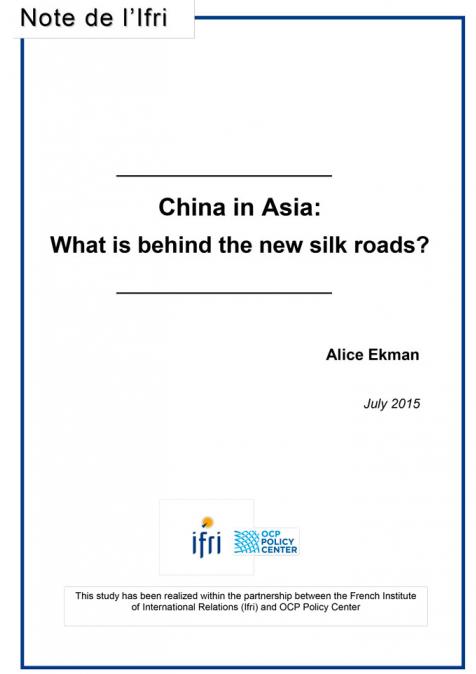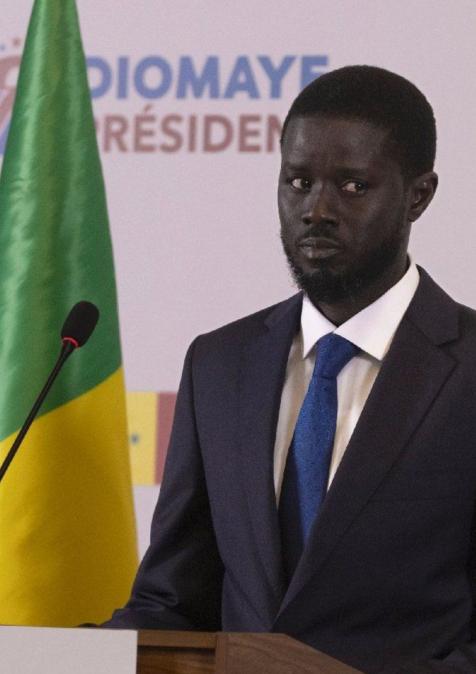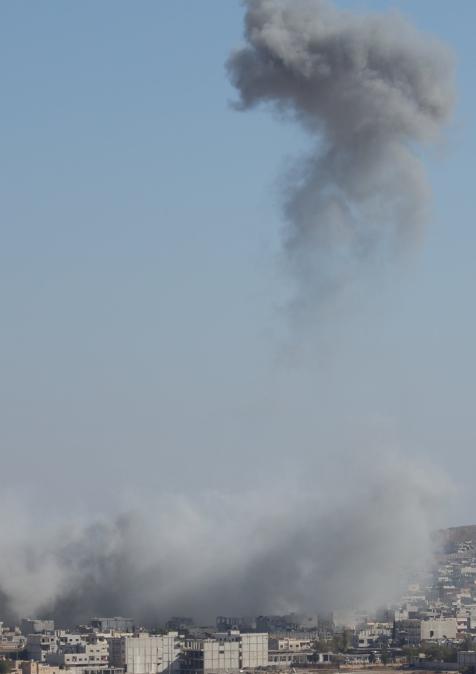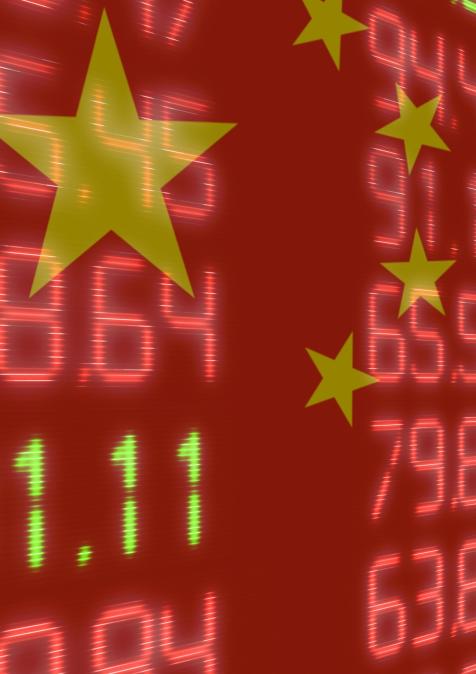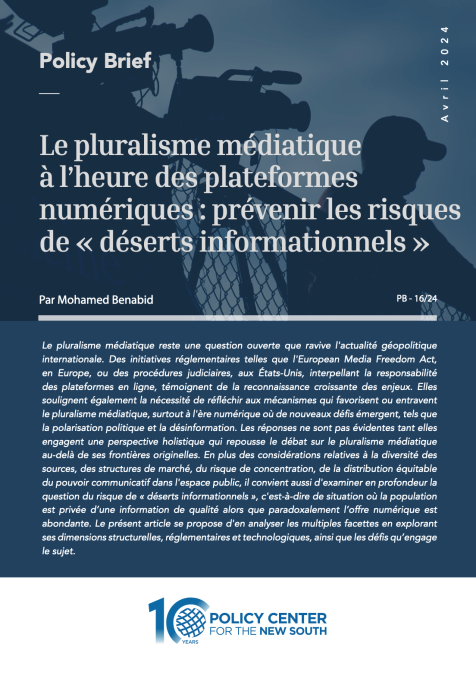Publications /
Policy Paper
The Asia-Pacific region is now more than ever a priority for China’s foreign policy. The combined economic, energy and security interests concentrated in the region are of key importance for Beijing.
China is trying to consolidate its regional power status through proactive diplomacy with all its neighbors. On the one hand it is reinforcing its economic diplomacy (with particular emphasis on building transport infrastructure) in a soft, flexible and often seductive manner. On the other hand China is maintaining a firm position on territorial and border disputes and is increasingly showing its strength, particularly in the East and South China Seas.
This two-pronged regional approach – soft and firm – is not new and had already begun under Hu Jintao. It is clear, however, that since the 18th Communist Party congress in November 2012, Xi Jinping has sought to accelerate the consolidation of China’s economic presence and geostrategic base in the Asia-Pacific region.
This change in pace must be understood in the wider context of fiercer competition between China and the United States in the region as a whole. China wants to limit American influence in this zone in a number of areas – military, economic, financial, institutional, among others – and to become the agenda-setter in Asia and beyond.
At the moment, China remains relatively isolated in Asia. Chinese initiatives in the China Seas and wider uncertainties about Beijing’s true ambitions in the region tend to benefit the United States and Japan, who are strengthening their links with several neighboring countries, which are alarmed by China’s rising power.
However, a Chinese regional strategy is slowly being formed and could emerge progressively during Xi Jinping’s term of office (which started in 2012 and is scheduled to end in 2022), if Beijing succeeds in using its economic attractiveness to build a wider sphere of geopolitical influence. This will partly depend on the ability of China’s central government to coordinate its foreign policy on a regional scale and its ability to communicate with its neighbors, but also on evolutions of the economic context, both at national and regional level.
The “One Belt, One Road” – China’s core economic diplomacy project – remains very flexible. The path of the roads, the list of countries involved and the areas of cooperation concerned remain unclear both within and outside China. The details of the project are likely to evolve according to market opportunities, as the central government is currently setting the general guidelines in hopes that major Chinese and foreign companies, as well as foreign governments, will claim ownership of the concept and adapt their strategies following these guidelines.
This ‘slow-forming’ regional strategy, the foundations of which are currently being built by Xi, gives China time to consolidate its regional position step by step. More confident than ever, China’s diplomacy is active in every direction, adopting a pragmatic, economic-oriented approach. The economic and geopolitical impact of such proactiveness will remain to be seen over the next few years – in particular, there is a risk that as Chinese economic diplomacy extends its reach; it will clash with the economic presence of other major regional players (notably Russia in central Asia, Japan in South-East Asia, and India in the Indian Ocean and South Asia). Nonetheless, the strategic weight of the “One Belt, One Road” framework should not be overlooked given the strong financial and brainstorming support Beijing is currently allocating to it.
This study has been realized within the partnership between the French Institute of International Relations (Ifri) and OCP Policy Center

